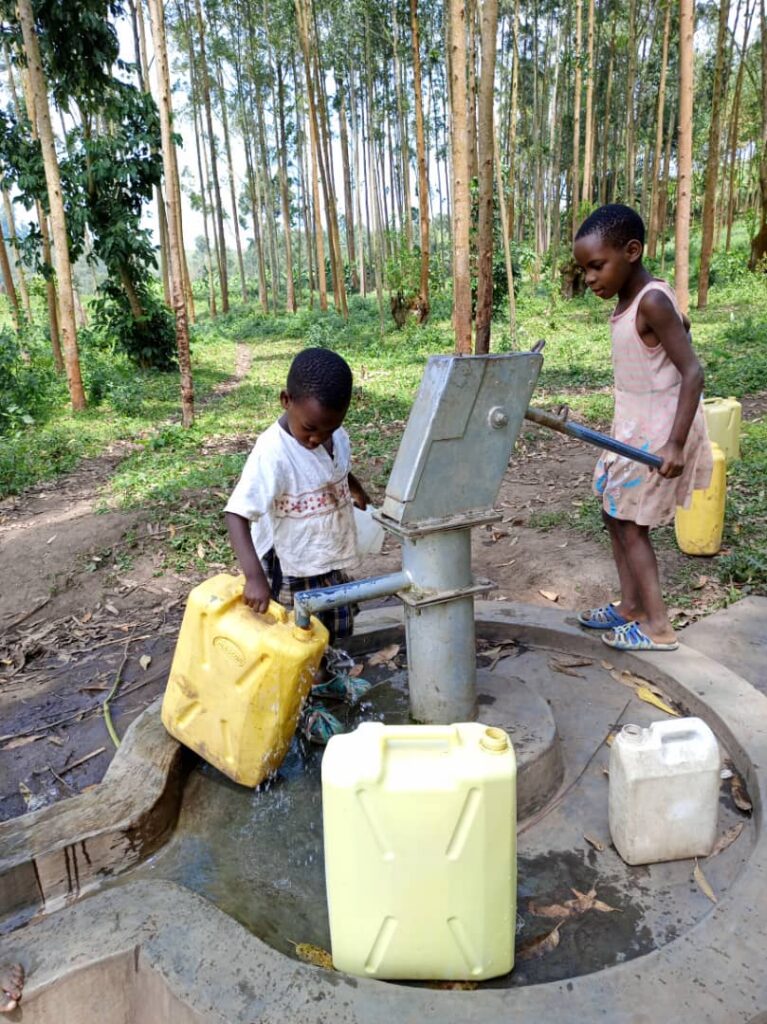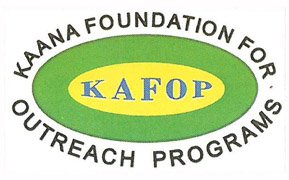
A small but growing body of literature has demonstrated the importance of WASH in programmes that aim to reduce the impact of HIV (Human Immuno- Deficiency Virus) and AIDS (Acquired Immuno Deficiency Syndrome). People living with HIV (PLHIV) have compromised immune systems, making them more susceptible to opportunistic infections, such as diarrhoea and skin diseases. For example, diarrhoea rates are 2–6 times higher in PLHIV than in those who are not infected, and rates of acute and persistent diarrhoea are twice as high in populations of PLHIV as in uninfected populations. Infections reduce the quality of life of people living with HIV (PLHIV) and can speed the progression from HIV to AIDS. Diarrhoeal diseases also reduce the absorption of antiretroviral medicines and essential nutrients. WASH practices, such as hand washing, sanitation, and water treatment and safe storage have each been proven to reduce diarrhoea rates by 30–40%. WASH practices also help to prevent caregivers and other household members from contracting water-related diarrhoeal diseases. A healthier and stronger household is more economically viable and resilient in the face of the challenges of HIV.
Despite the clear benefits of WASH practices, meeting the WASH needs of PLHIV is an enormous challenge. The people with the greatest needs are often the most disenfranchised and vulnerable, and often have the fewest resources available to solve problems in sustainable ways. WASH practices benefit everyone, and integrating WASH into HIV programmes provides additional opportunities and resources to improve overall public health outcomes.

